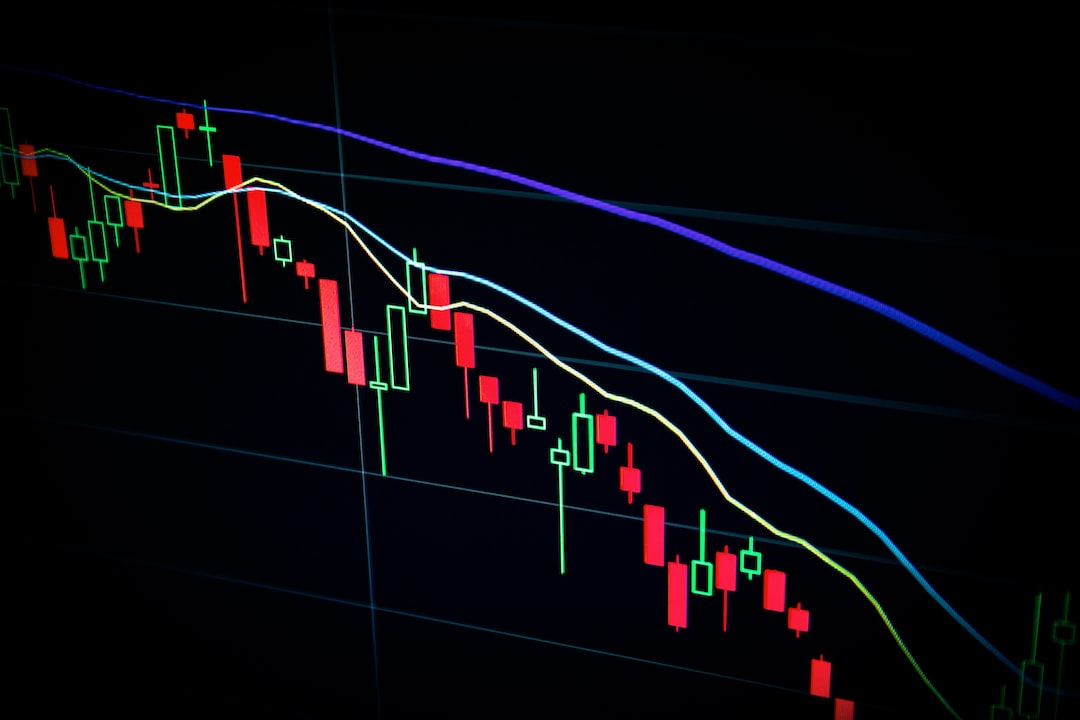Tokenomics: Understanding the Economics of Crypto ICOs
Welcome to the exciting world of cryptocurrencies! If you’re new here, you might have come across the term “tokenomics” and wondered what it means. Don’t worry, you’re not alone. In this article, we will delve into the concept of tokenomics and help you understand the fascinating economics behind crypto ICOs.
So, what exactly is tokenomics? Well, it’s a combination of two words: “token” and “economics.” In simple terms, tokenomics refers to the economic principles and mechanisms that govern the behavior and value of tokens within a cryptocurrency ecosystem. Understanding tokenomics is crucial for anyone interested in participating in Initial Coin Offerings (ICOs) or investing in digital assets.
When a new cryptocurrency project is launched through an ICO, it typically involves creating and distributing tokens to investors. These tokens can have various utilities within the project’s ecosystem, such as serving as a means of exchange, granting access to certain features, or representing ownership in the project. Tokenomics is all about creating and managing the supply, demand, and distribution of these tokens.
Token Supply: One of the key aspects of tokenomics is determining the total supply of tokens that will ever exist. This decision can have a significant impact on the token’s scarcity and value. Some projects opt for a fixed supply, meaning that once all tokens are created, no more will ever be issued. Others choose to have a dynamic supply that increases over time through mechanisms like mining or staking.
Token Distribution: How the tokens are distributed among various stakeholders is another critical factor in tokenomics. A fair and transparent distribution ensures that the project has a broad and diverse community of participants. Different ICOs adopt different distribution models, including public sales, private sales, airdrops, and token allocations for the project team, advisors, or early investors.
Token Utility: The utility of a token is what gives it value and incentivizes its circulation within the ecosystem. Tokens can be used for a wide range of purposes, such as paying for goods and services, accessing exclusive features, participating in voting or governance processes, or even being exchanged for other cryptocurrencies or fiat currencies. The more demand there is for a token’s utility, the higher its value is likely to be.
Economic Incentives: Tokenomics also involves designing economic incentives to encourage desired behaviors within the ecosystem. For example, a project might reward token holders for participating in network consensus through staking or provide incentives for early adopters by offering them discounted token prices or additional benefits. These economic incentives help drive user engagement and support the growth of the project.
Economic Models: In the world of cryptocurrencies, there are various economic models that projects employ to govern their token economies. Some projects follow a deflationary model, where tokens are continuously burned or removed from circulation to reduce supply and increase scarcity. Others utilize inflationary models, where new tokens are regularly issued to sustain the ecosystem or incentivize network participation. Understanding the economic model of a project can provide insights into its long-term sustainability and potential value.
Now that you have a basic understanding of tokenomics, you might be wondering why it matters. Well, tokenomics plays a crucial role in determining the success or failure of a cryptocurrency project. Projects with well-designed tokenomics can create a strong network effect, attract investors, and foster a vibrant and sustainable ecosystem.
Frequently Asked Questions about Tokenomics:
Q: Is tokenomics the same as economics?
A: Tokenomics is a subset of economics that focuses specifically on the economic principles governing cryptocurrencies and their associated tokens.
Q: Can tokenomics influence the price of a cryptocurrency?
A: Yes, tokenomics significantly impacts the price of a cryptocurrency. Factors such as token supply, distribution, utility, and economic incentives can all influence the demand for and value of a token.
Q: How can I evaluate the tokenomics of a cryptocurrency project?
A: Evaluating tokenomics requires a thorough analysis of the project’s whitepaper, token distribution, economic model, utility proposition, and the team’s credibility and vision. It’s important to consider both the short-term and long-term sustainability of the token economy.
Q: Are all ICOs legitimate?
A: Unfortunately, not all ICOs are legitimate. There have been cases of scams and fraud in the cryptocurrency space. It’s important to conduct thorough research, assess the credibility of the project team, and exercise caution before investing in any ICO.
Q: Can tokenomics change over time?
A: Yes, tokenomics can evolve and change over time as projects learn from their experiences and adapt to market dynamics. Governance mechanisms and community consensus may be used to propose and implement changes to a token’s economic model.
Now that you’ve grasped the basics of tokenomics, you’re better equipped to navigate the exciting world of cryptocurrency ICOs. Remember to always do your due diligence, invest wisely, and keep learning to stay ahead in this ever-evolving space.





 By
By
 By
By
 By
By

 By
By